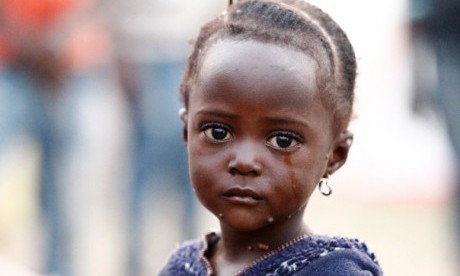‘I did not ever think I would reach here,” says 17-year-old Jamieson, staring down at his dusty blue Crocs, given to him when he disembarked from the rescue boat in Sicily, in August.
“I look back and I could have died many times. But I try to stop thinking of it. It is too much pain. Many people are losing their lives.”
Jamieson – not his real name – is staying in a reception centre for unaccompanied children in the Sicilian hilltop town of Montedoro, run by the Etnos Co-operativa charity.
He is one of many thousands of minors who are now fleeing their homelands without any family to protect them along the way. According to Save the Children, the youngest child to arrive on his own in Sicily was aged just nine.
Jamieson was frightened, he says, as his crowded boat pushed off from the Libyan coast into choppy waters – “it got calmer later” – but attempting to cross the Mediterranean to Europe is only the latest risk that unaccompanied children such as Jamieson must take. To get this far, they have made long and petrifying journeys, travelling across countries and continents for not just weeks or even months, but for years.
Speaking English, which he learned at school, Jamieson explains why he had to flee his country, Gambia. “The rebel people used to attack our village. Capture children. They would grip you” – he mimes being grasped around the chest and lifted – “and carry you [away]. I see that happen to others. The police were no good.”
When he was 15, Jamieson’s mother told him the risks were too great and he had to leave. The teenager walked, “only me, alone”, over the border into Senegal. The next two years were spent scrabbling for work, food and shelter as he travelled by foot and bus through Mali, Burkina Faso, Niger and then, in a pickup truck crammed with 38 people, across the desert to Libya. Continue reading
Sources
- The Guardian, from an article by Louise Tickle, who specialises in writing about education, social affairs, ethical business and development.
- Image: Carbonated.tv
News category: Features.




